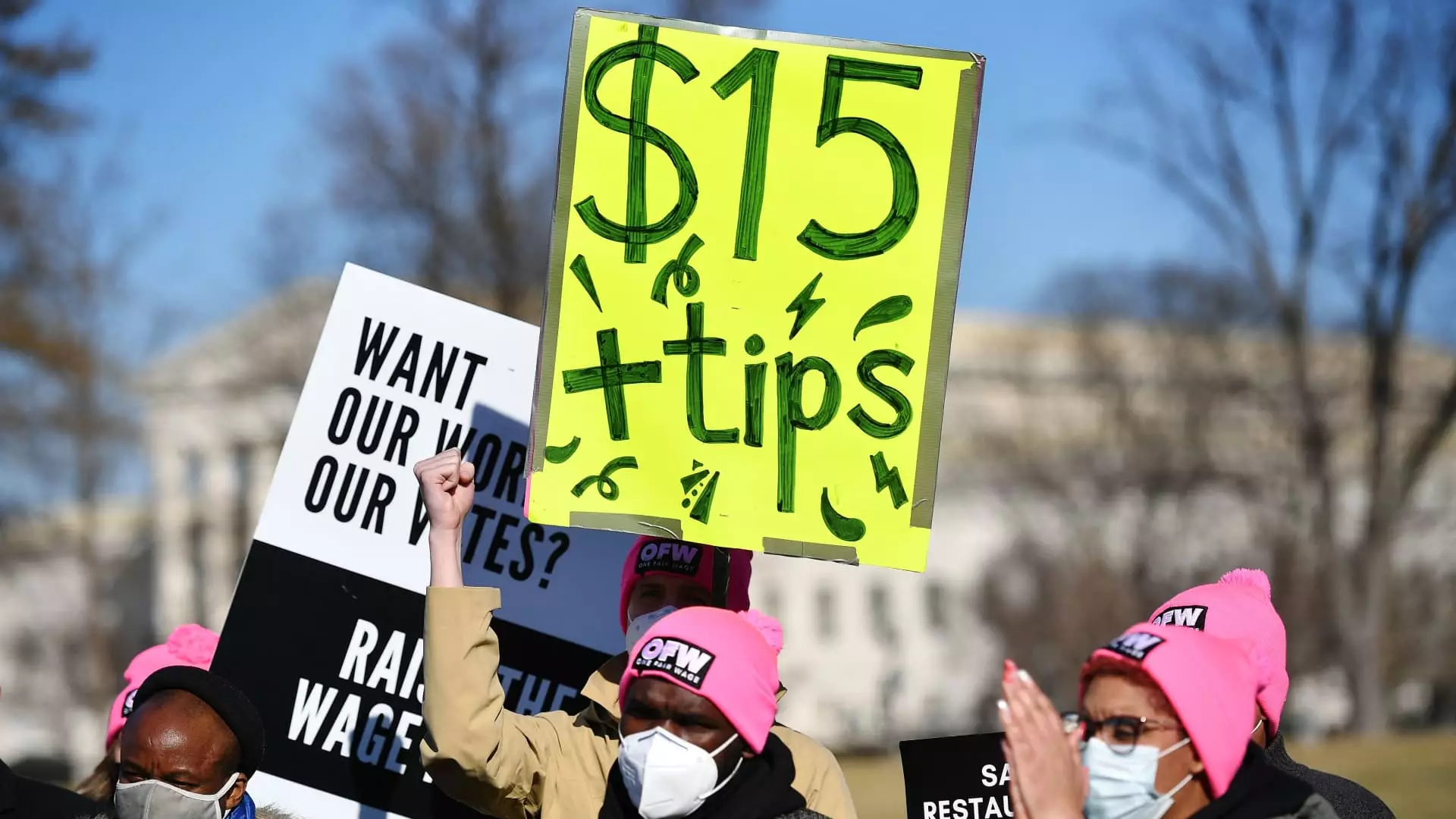The federal minimum wage has remained stagnant at $7.25 per hour for the past 15 years, greatly impacting the livelihood of workers across the country. Democratic presidential nominee Kamala Harris has proposed raising the minimum wage, emphasizing the need to support working families in America. While several states have implemented higher minimum wage rates, there are still 20 states where the wages are equivalent to the federal level.
With the growing movement to raise the federal minimum wage, Harris has not provided a specific figure but has shown appreciation for states that have raised their minimum wage to at least $15 per hour. This initiative aims to address the financial struggles faced by low-wage workers and ensure economic security for those striving to make a living.
There have been concerns raised, particularly by President Donald Trump, regarding the potential negative effects of increasing the federal minimum wage on small businesses. Trump highlighted the possibility of businesses having to lay off employees in response to higher wage requirements, posing a challenge for many enterprises. Although some businesses support the idea of raising the minimum wage, they also acknowledge the financial strain it may impose.
Advocates for raising the minimum wage emphasize the connection between higher wages and increased consumer buying power. By enhancing the purchasing ability of workers, businesses are likely to benefit from higher spending and increased customer demand. Additionally, raising the federal minimum wage to $15 per hour could potentially uplift the incomes of approximately 20 million workers, providing them with greater financial stability.
Contrary to the belief that raising wages could lead to a decline in employment opportunities, research suggests that higher wages can actually facilitate better recruitment and retention of workers. When companies offer competitive wages, they are more likely to attract skilled employees and maintain a loyal workforce. Some major corporations, including Target and Walmart, have voluntarily increased their minimum pay thresholds in response to the competitive labor market conditions.
As the discussion on raising the federal minimum wage gains momentum, advocates are optimistic about the prospect of a nationwide change. By demonstrating the economic benefits of a higher minimum wage, proponents aim to garner support from policymakers and businesses alike. Looking ahead, there is a growing momentum towards addressing the disparities in wage levels and promoting economic equality in the United States.
The stagnant federal minimum wage has significant implications for American workers, with many struggling to make ends meet due to inadequate compensation. By advocating for a raise in the minimum wage, policymakers and activists aim to create a more equitable and prosperous society where every worker can earn a fair wage for their labor. It is essential to address the long-standing issue of the federal minimum wage and work towards creating a more inclusive and sustainable economy for all.

